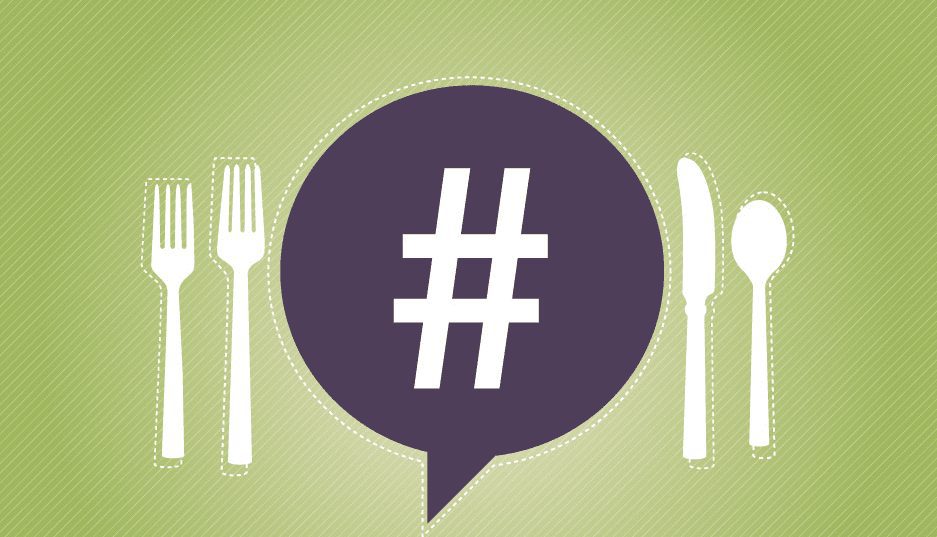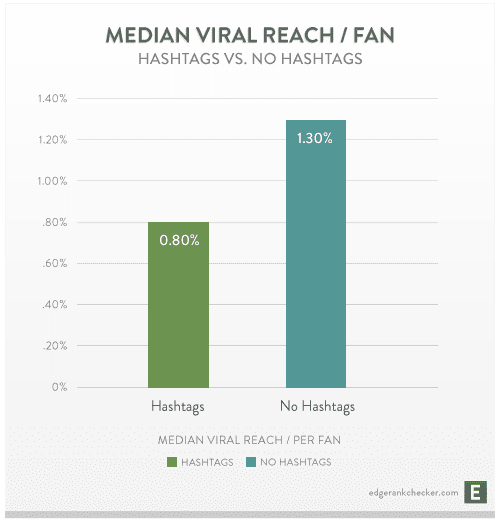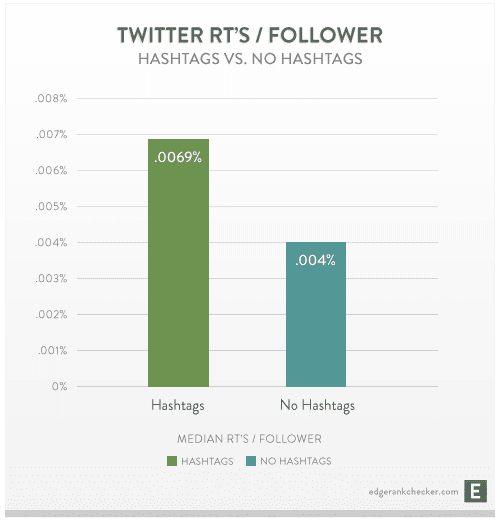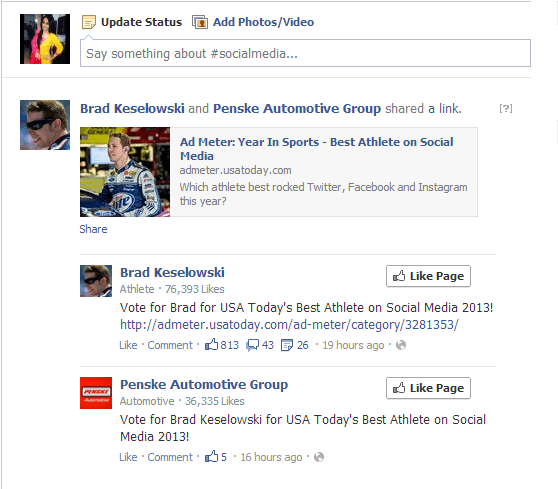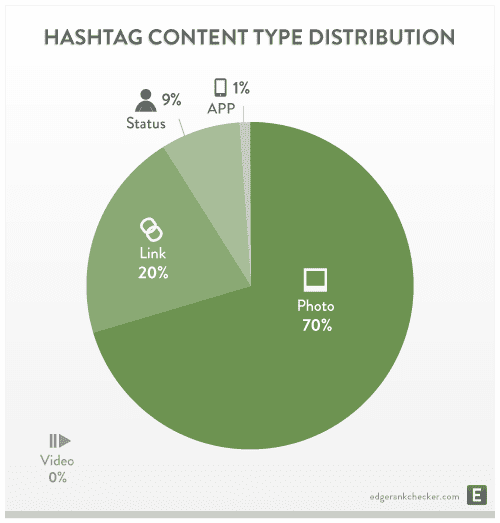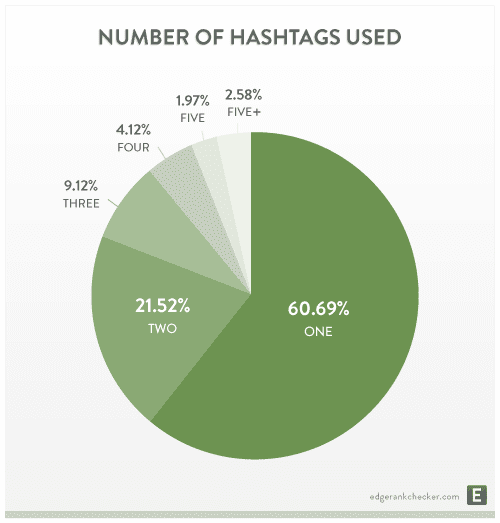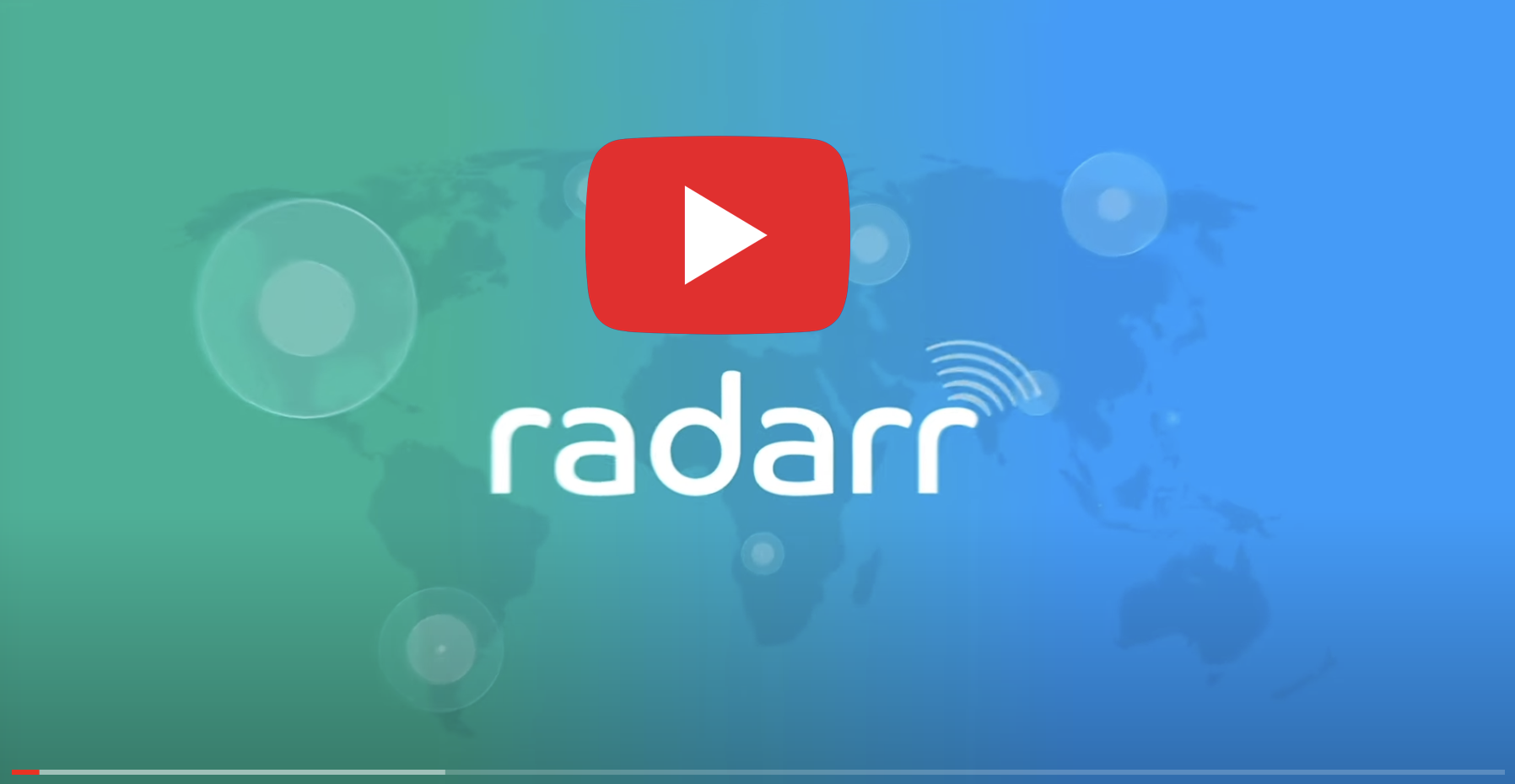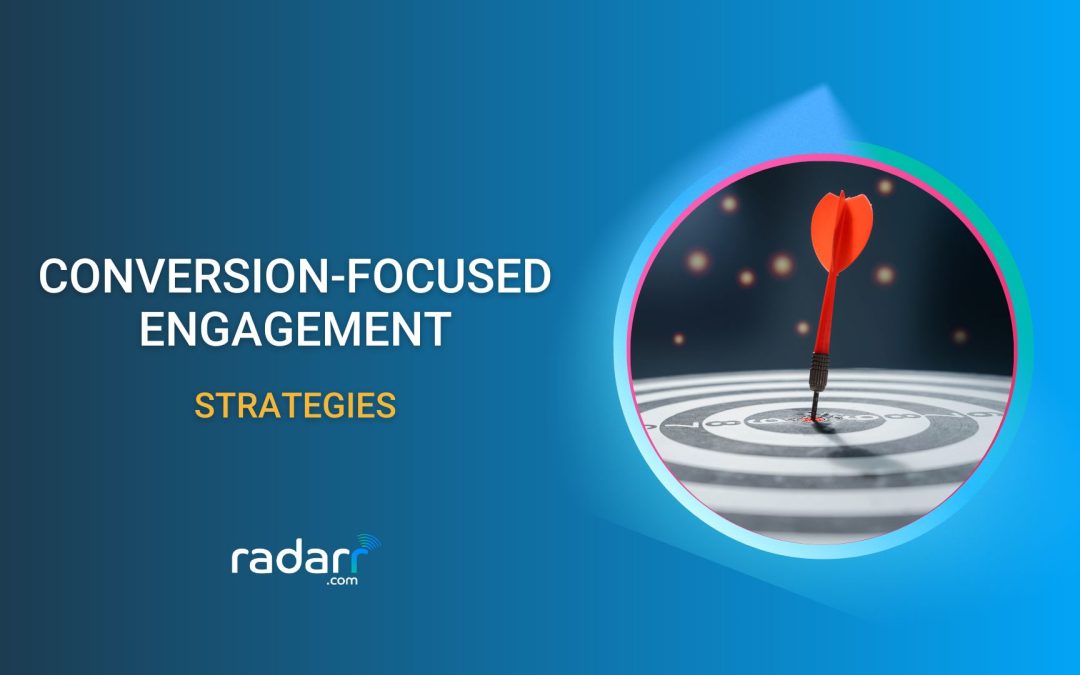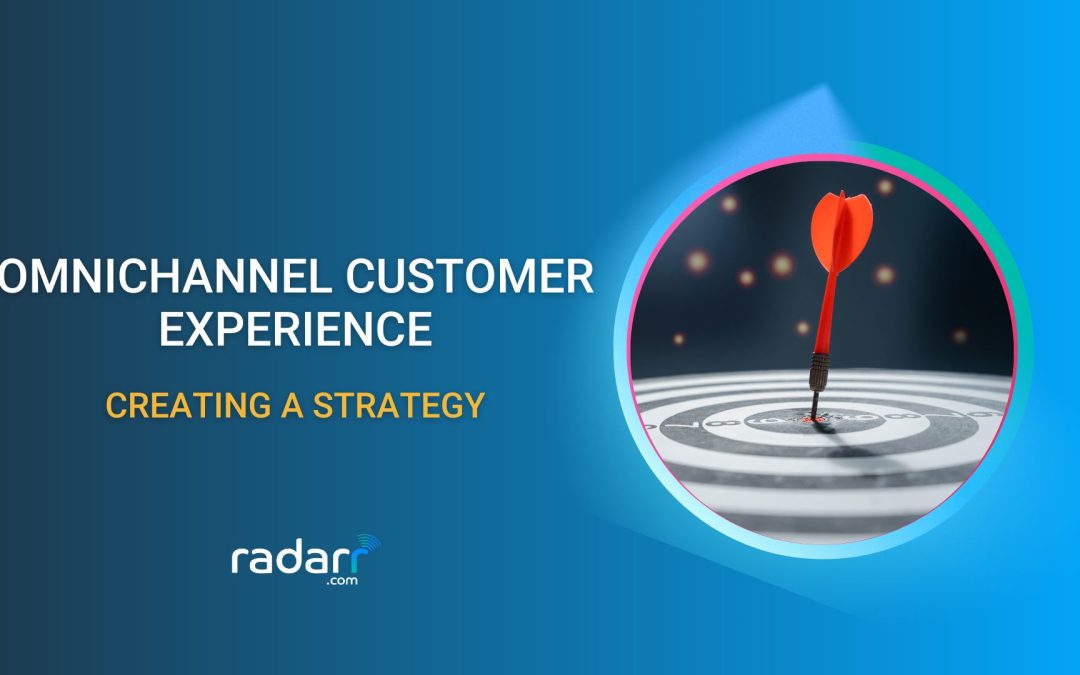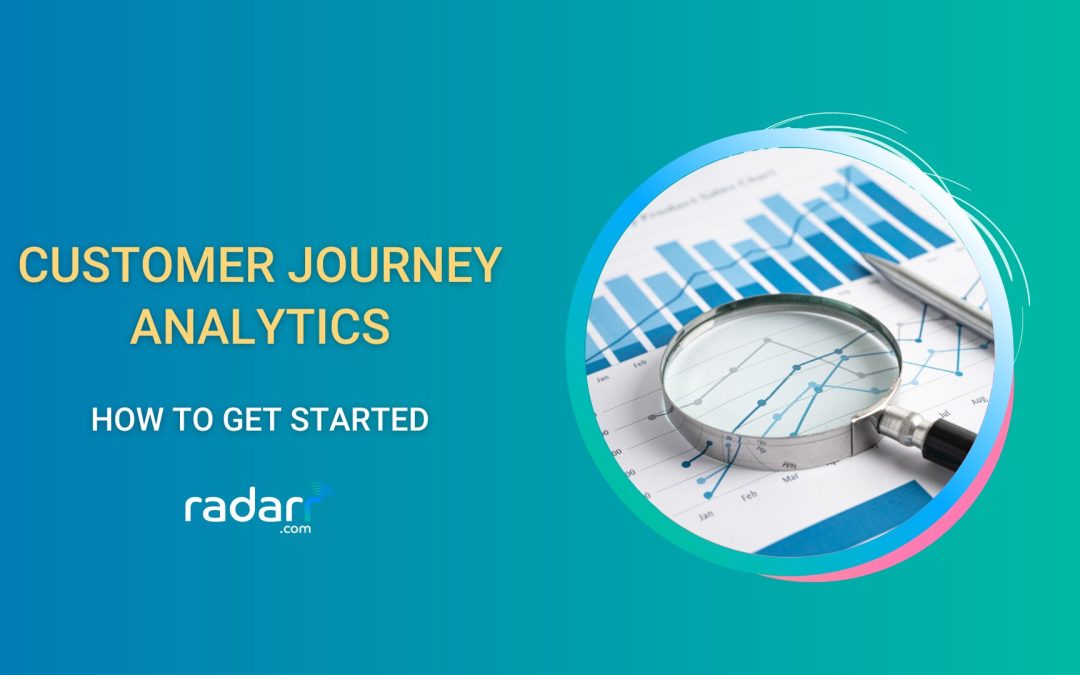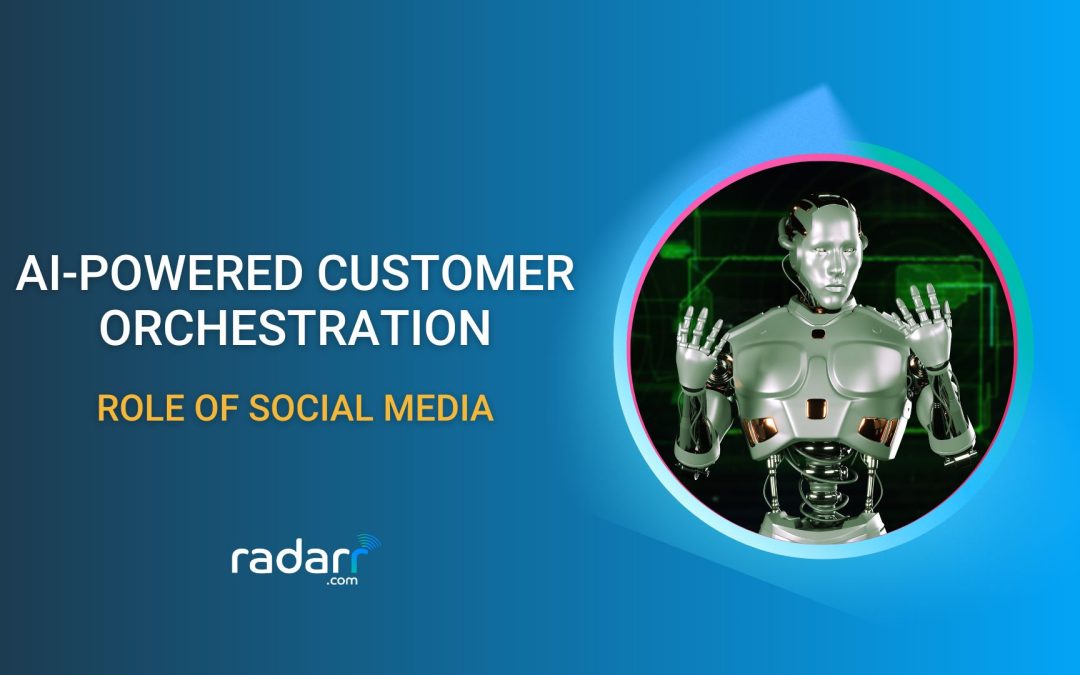If you haven’t been paying attention – hashtags are no longer just a “Twitter” or a “Pinterest” thing. The latest to join the hashtag bandwagon is Facebook, having rolled out their first phase of global use of hashtags on June 12, 2013. Quick crash course: Hashtags are basically used to help organize timely conversations around popular topics, such as current events and public personalities. It is just another form of tagging someone in your post, even though they aren’t your “Facebook Friend”. The technology may seem young, but its use dates back to the early days of IRC, where hashtags were used as a type of metadata to categorize content that is posted.
On Facebook, this feature connects people and posts with categories in common; to help surface conversations. The social networking site only wants to make it easier for people to find related content already available on Facebook, and hashtags is the first step. (Well, at least that was the intention when they came up with this plan!) Users can now compose posts directly from a hashtag feed and search results, making addition of real time content to specific topics easier than before.
The actual intention behind introducing Facebook hashtags, was to reach out to more people – to make content/ pages go viral. But, according to EdgeRank’s study, this hasn’t really worked out. At all. Posts with hashtags were supposed to notice an increase in their reach – weren’t they? Wasn’t that the plan, Zuck? But, marketers have been let down. What else is new. The study says that the posts with hashtags have a far lesser reach than those without hashtags.
Twitter follows the same hashtag technology and brands have noticed over 70% increase in ReTweets (Twitter’s equivalent to Viral Reach), when using hashtags versus not using any. This indicates that hashtags tend to increase the likelihood of ReTweets! But, this fact remains true only for Twitter – the only platform to do something nice with hashtags. Maybe we should just let it be a Twitter thing and let it stay there.
Then why are brands experiencing a downfall in their reach? Is it because the content they use hashtags with is not as relevant as the users may want it to be? Or is it because users tend to click more on the ‘related’ content instead of the Page posts and the bounce – off rates have increased unknowingly (and alarmingly)? For example, if I click on #socialmedia, I get a chance to view other pages that have used the same hashtag.
The typical content shared by brands weighs more towards Photos (Obviously! We all know photos do a better job than text content!) Again, thanks to EdgeRank’s survey we have a clear idea about the usage of hashtags with content and their distribution is clearly depicted in the graph.
But why are Facebook hashtags such a big failure? According to the survey conducted by EdgeRank, it is clear that people don’t tend to click on the ‘hashtag’; else posts with hashtags would have noticed a considerable increase in their reach. And this raises further questions – Why are posts with hashtags experiencing lesser reach when they have the same content as those without hashtags? This is clearly because brands are using hashtags mostly in posts for their promotional campaigns, and these campaigns as it is experience lesser engagement, lesser clicks and hence, LESSER REACH! Could it really be that simple? Surely a hashtag like #SocialMedia should get more reach then?
Another problem that wasn’t predicted, was the use of Facebook hashtags – how good are its users at relating and categorizing content? Evidently, not very good. The maximum number of hashtags used in a single post is 19 ‘individual’ hashtags and 60% of the posts with hashtags use a ‘single’ hashtag! (That’s what the survey says!) Personally – using more than 3 hashtags in a post does seem a little wonky.
This would certainly worry all marketers, considering their brands aren’t doing too well with or without the hashtags. Perhaps, they could use ‘exclusive’ hashtags instead of the common hashtags, in their posts – but wait, isn’t that the reason hashtags aren’t doing so well in the first place? It does however – provide a consistent stream of data for users interested in that hashtag, as they’ll see posts only by that brand. Long story short – hashtags aren’t doing jack for your Facebook post, so don’t use them.
Book your Radarr demo today!

